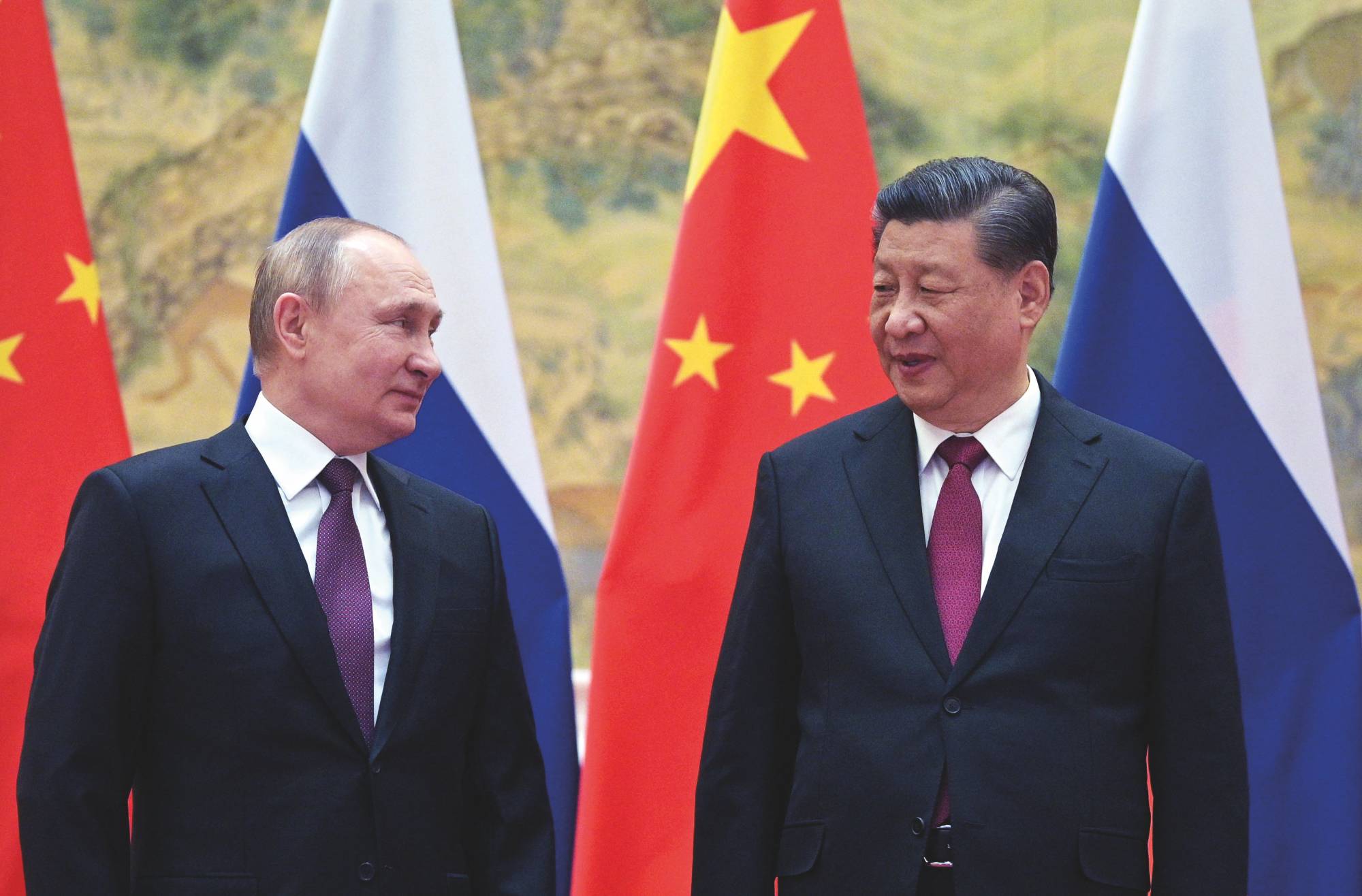Thirty years after Francis Fukuyama published his famous book, “The End of History and the Last Man,” history returned with a vengeance. Following Russia’s unprovoked invasion of Ukraine, Europe is once again the site of a large-scale war that is so characteristic of the 20th century that no one expected to see anything like it today. Far from the “clash of civilizations” that political scientist Samuel Huntington anticipated would shape the 21st century, Russia wants to eradicate an independent country with a similar ethnolinguistic and religious background. The conflict is primarily about different political systems: autocracy versus democracy, empire versus national sovereignty.
While the war has produced countless tragedies, I believe that it will show Fukuyama to have been more right than wrong. He argued that communism’s implosion had ushered in a world where democracies with market economies would be preferred over alternative forms of government. While Russia’s war of aggression never should have happened, it clearly is an exception that proves Fukuyama’s rule. It has caused enormous suffering for Ukrainians, but they have fought courageously with the knowledge that history is on their side.
Meanwhile, the life expectancy of Vladimir Putin’s regime has abruptly fallen. To paraphrase Talleyrand, Putin’s war is worse than a crime; it is a fatal mistake that other potential invaders will learn not to repeat. It also reminds us that folly is a feature, rather than a bug, of dictatorships. Without political checks and balances, free media and an independent civil society, autocrats do not receive the feedback needed to make wise and competent decisions.


















With your current subscription plan you can comment on stories. However, before writing your first comment, please create a display name in the Profile section of your subscriber account page.